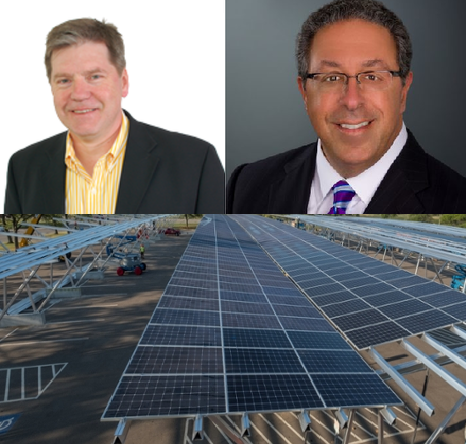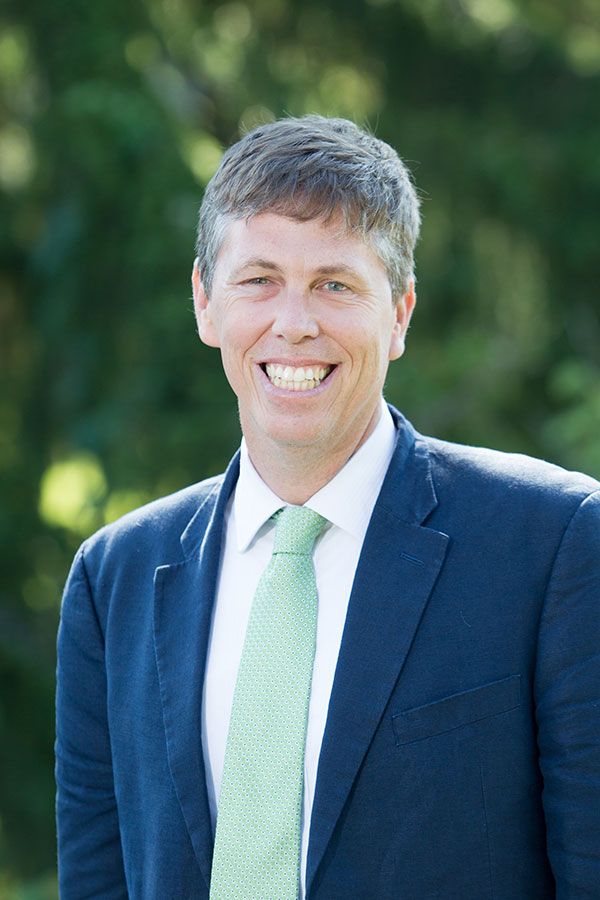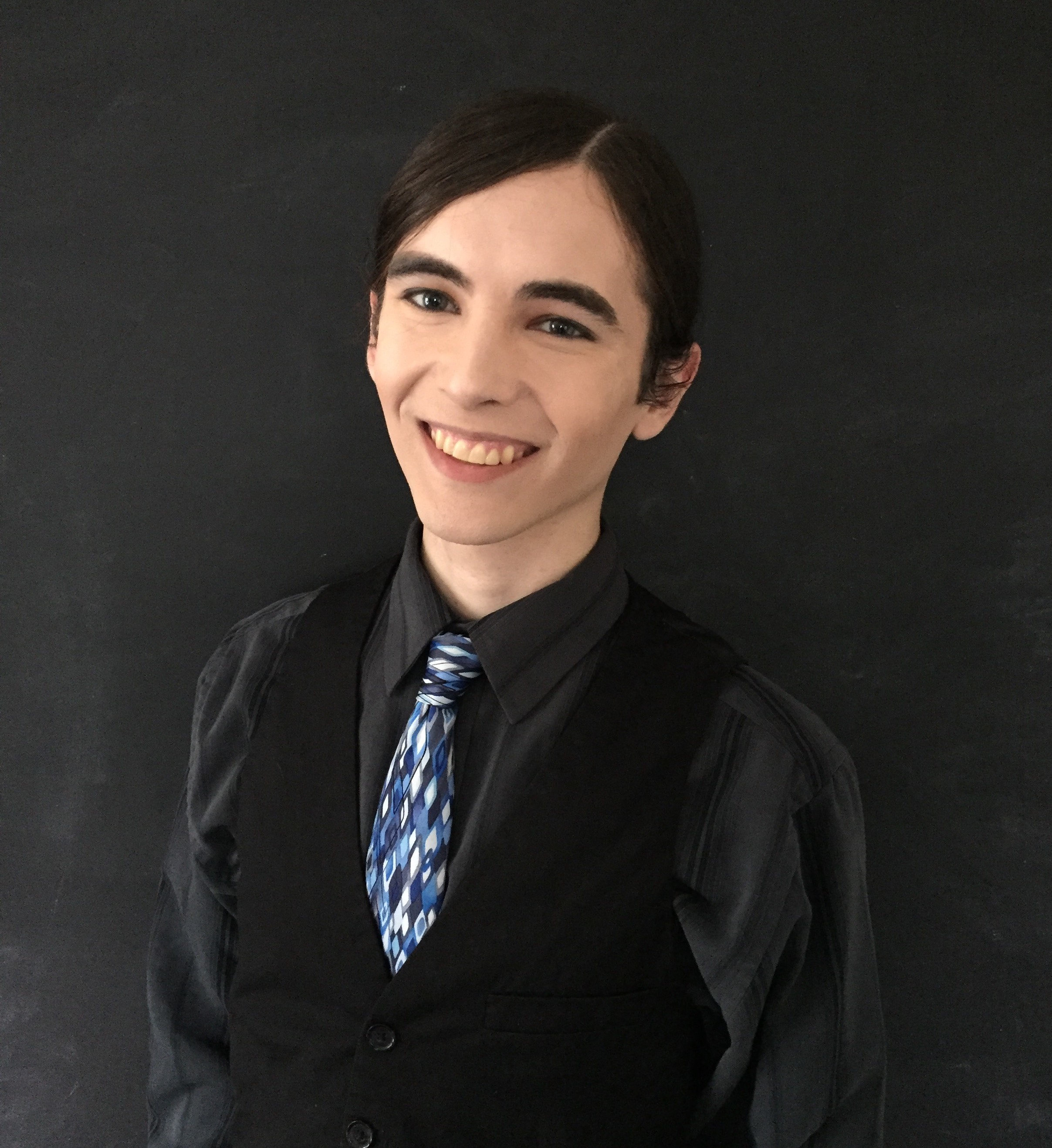Episode 15: Landfill-gas flaring project at Central College of Pella, Iowa
Brian Campbell (left)
Rob McKenna (right)
Guest: Brian Campbell
Director of Sustainability Education
Central College of Pella, Iowa
Special Guest and Co-host: Rob McKenna
Principal, Fovea, LLC
Host: Dave Karlsgodt
Principal, Fovea, LLC
In this episode you’ll hear an interview with Brian Campbell, Director of Sustainability Education at Central College in Pella Iowa. We discuss Central College’s recent climate action plan with a focus on a unique landfill-gas flaring project that came out of that planning effort. Rob McKenna, a principal at Fovea and the consultant who lead this climate action planning effort, joins both as guest and co-host.
Fovea would like to give a special shout out to Energy Strategies and MEP Associates who were our partners and collaborators on this project.
Resources:
Central College website: https://central.edu/sustainability
Contact Brian: campbellb@central.edu
Second Nature Carbon Commitment Signatory Distribution
During this podcast, Rob McKenna discusses how Central College with roughly 10,000 MTCO2e / year has a typical emissions profile among signatories to the Second Nature Carbon Commitment.
Episode Transcript:
The following is an automated transcription of this episode which will include errors and omissions. You can listen and follow along with the text here:https://otter.ai/s/0RG6G_HFQaaoNeVPQVfvMA
You can find a text-only version of the transcript here:
Episode 15: Landfill-gas flaring project at Central College of Pella, Iowa - Transcript





